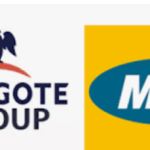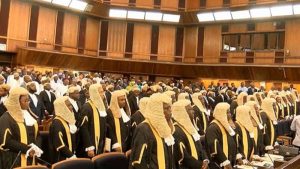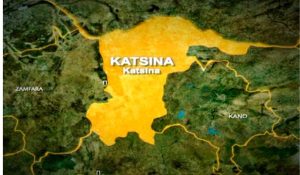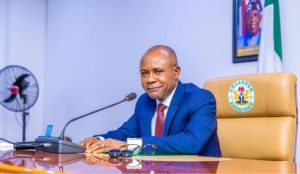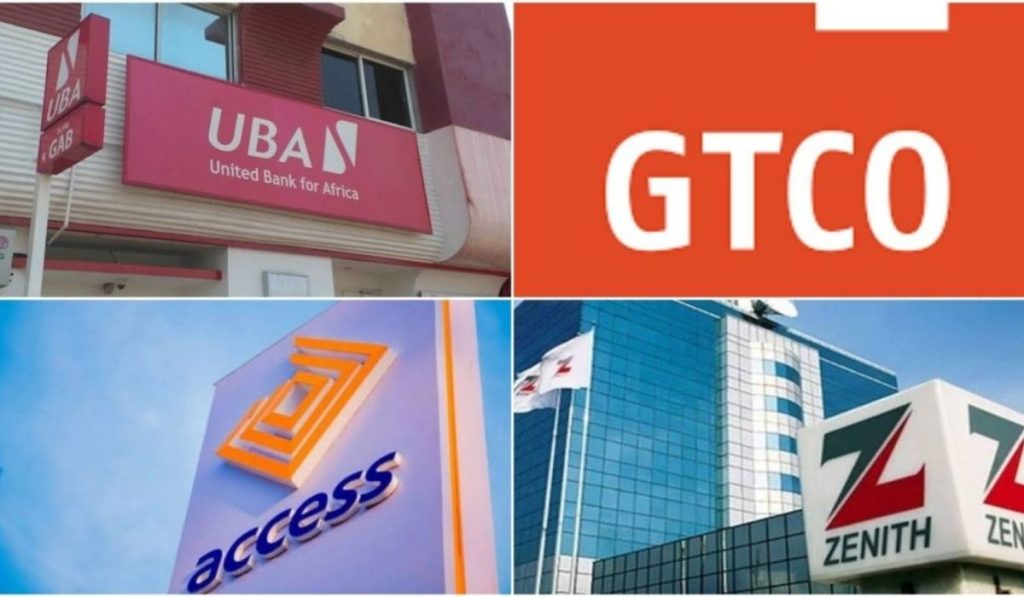
Banks in Nigeria
It is no longer news that banks in Nigeria and large corporations are declaring staggering profits in an economy where the average citizen is sinking deeper into poverty. Every quarter, financial statements roll out, boasting of unprecedented earnings, increased shareholder value, and record-breaking revenue margins. Yet, in stark contrast, ordinary Nigerians are trapped in a daily battle for survival. Inflation has soared beyond control, and the cost of living has skyrocketed. The most basic necessities—food, shelter, healthcare, and education—are slipping out of reach for millions. The real question remains—at what cost are these companies amassing such wealth?
Today, Nigerians struggle to eat. Families are cutting down on meals, children are dropping out of school because their parents cannot afford tuition, and the dream of a better tomorrow seems to be slipping further away. Many businesses continue to justify their actions under the guise of market forces and economic realities. But when does the pursuit of profit become an affront to humanity? While corporate executives celebrate their financial milestones, their customers—who ultimately sustain them—are sinking into despair.
Banks, for instance, have turned basic financial services into an exploitative system of excessive charges. Every transaction, no matter how small, comes with fees that seem designed to squeeze the last kobo from the ordinary Nigerian. Transfers, withdrawals, card maintenance, SMS alerts—everything comes with a price. The same banking institutions that thrive on the deposits and patronage of Nigerians have placed insurmountable barriers in the way of the financially vulnerable.
Read also: Committee of Banks in Nigeria Donates Multimillion Naira Relief Materials to Jigawa Flood Victims
Among these banks, Access Bank, GTCO, UBA, and others continue to compete fiercely in declaring humongous profits, often at the direct expense of the average Nigerian. These institutions, instead of finding ways to ease the burden of the people who sustain them, have made it a game of who can extract the most from an already struggling population. They celebrate billion-naira earnings while their customers are left to bear the weight of exploitative deductions, unfair policies, and unrelenting financial pressure.
Let us ask a simple question: Can these corporations not find it within their hearts to lessen these burdens? Is a small reduction in charges not a fair trade-off for the dignity and survival of their customers? If Nigerian banks can collectively declare hundreds of billions in profits every year, why is it impossible for them to forgo just a fraction of these earnings to make life a little easier for struggling citizens? Why must every service come at an additional, often excessive, cost?
In contrast, we see men like Aliko Dangote and Abdulsamad Rabiu, who have chosen to use their wealth for the greater good. These titans of industry understand that success is not just about accumulation but about impact. Dangote recently reduced the price of petroleum products from his refinery to make transportation more affordable for Nigerians. Rabiu, through the BUA Foundation, has consistently provided food and essential supplies to those in desperate need. Their acts of kindness serve as a challenge to other corporations—why can’t they do the same? Why do we not see more companies stepping up to relieve the suffering of the very people who built their success?
We at CSR Reporters are pleading with Nigeria’s corporate giants: Put humanity over profit. Remove some of these exploitative charges. Ease the financial burden on the poor. Give back to the communities that sustain your businesses. The country is on its knees, and now, more than ever, is the time for big businesses to demonstrate true corporate responsibility.
The true measure of corporate success is not found in the figures on a balance sheet, but in the positive impact on the lives of the people they serve. If Nigerian businesses continue to prioritize profit over people, they will be presiding over a nation that is economically and socially bankrupt. The choice is clear: either stand with the people or stand against them. We urge our corporations to choose wisely.



